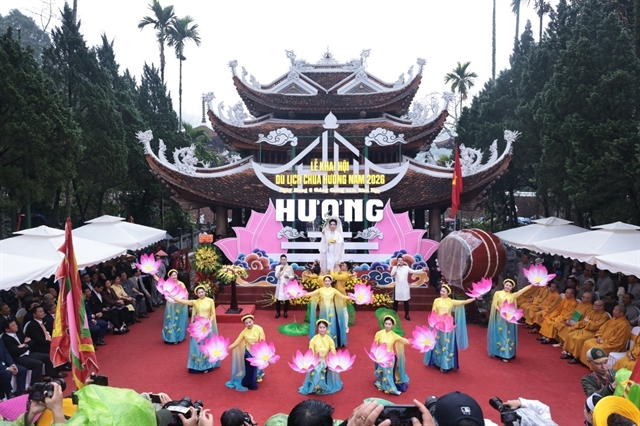 Life & Style
Life & Style

The craft of making dry vermicelli in the area originated in the region a long time ago but it was small scale, mainly to serve local needs.
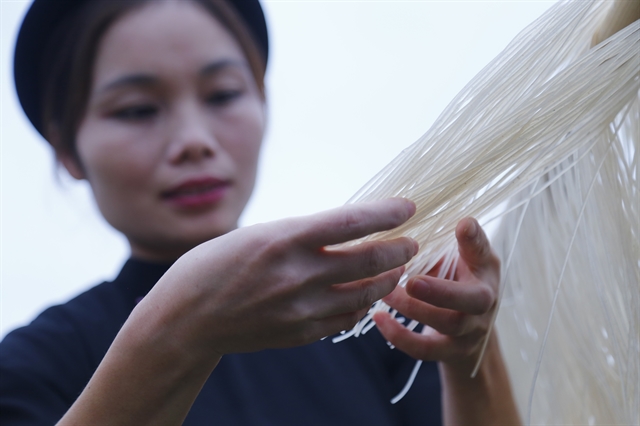
|
| Đà Vị dry vermicelli has its own flavour and natural sweetness, remaining tough after being cooked. — VNA/VNS Photo Nam Sương |
TUYÊN QUANG — The dry vermicelli made by Tày ethnic people in Na Hang District in the northern province of Tuyên Quang is popular due to its original flavour and natural sweetness.
The craft of making dry vermicelli in the area originated in the region a long time ago but it was small scale, mainly to serve local needs.
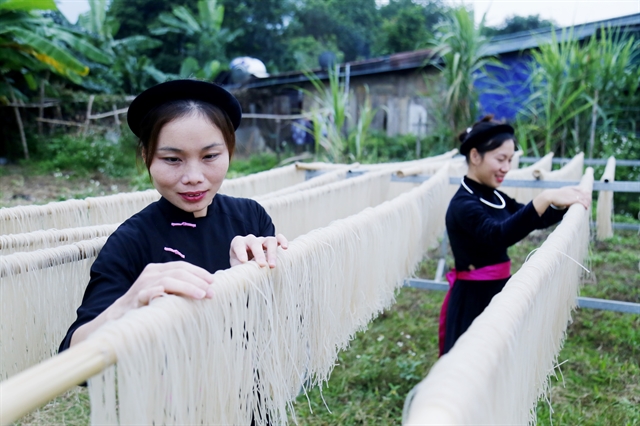
|
| Vermicelli is dried for about two days before being packed. — VNA/VNS Photo Nam Sương |
Thanks to the recent support policies of the district and communal authorities, some households have started to produce vermicelli in mass volume and sell to markets, which has fetched a stable source of income.
Currently, three households in the commune specialise in making dry rice vermicelli and supply it for both provincial and external markets.
According to Triệu Thị Lợi from Phai Khằn Village, the quality of the rice is the key factor to making high quality, soft and tender vermicelli.
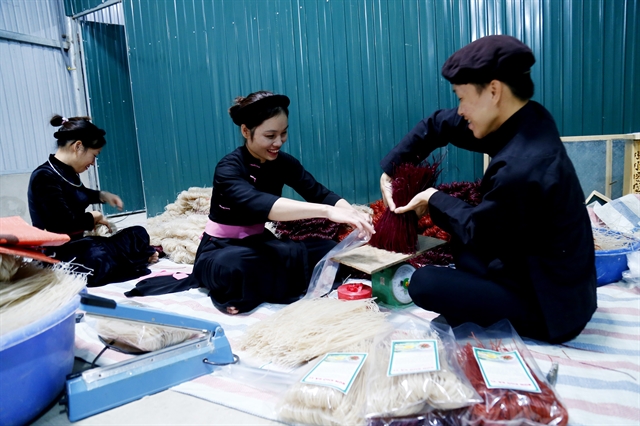
|
| Dry vermicelli is packed and stamped. — VNA/VNS Photo Nam Sương |
The rice should be local Bao Thai kind, which will be milled, ground into flour mixed with water and poured into the extruder machine. Each white thread of vermicelli will gradually come out and then be cut into segments of approximately one kilo before being dried.
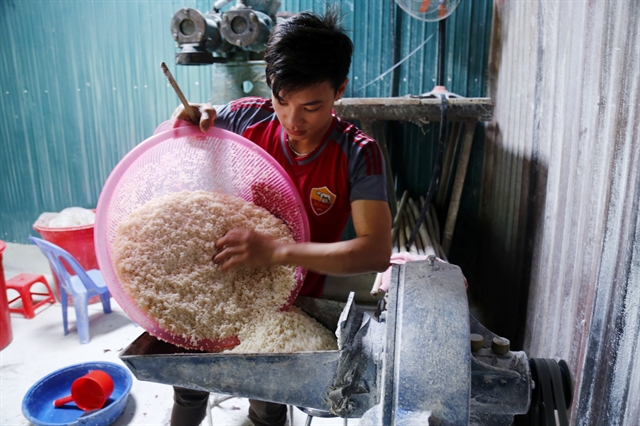
|
| Bao Thai rice is the main material to make Đà Vị dry vermicelli. — VNA/VNS Photo Nam Sương |
The method of Lợi’s family combines both tradition and machinery so the vermicelli maintains its colour, toughness and flavour without any additives.
Currently, Đà Vị dry vermicelli is sold for VNĐ35,000 (US$1.5) per kilo. The speciality has been classified as one of 21 products within the One Commune, One Product programme and rated three-star standard of Tuyên Quang Province. It is also a must-try speciality of every visitors to the mountainous district. VNS

|
| The threads of vermicelli are taken from the extruder machine to get dry in the sun. — VNA/VNS Photo Nam Sương |




